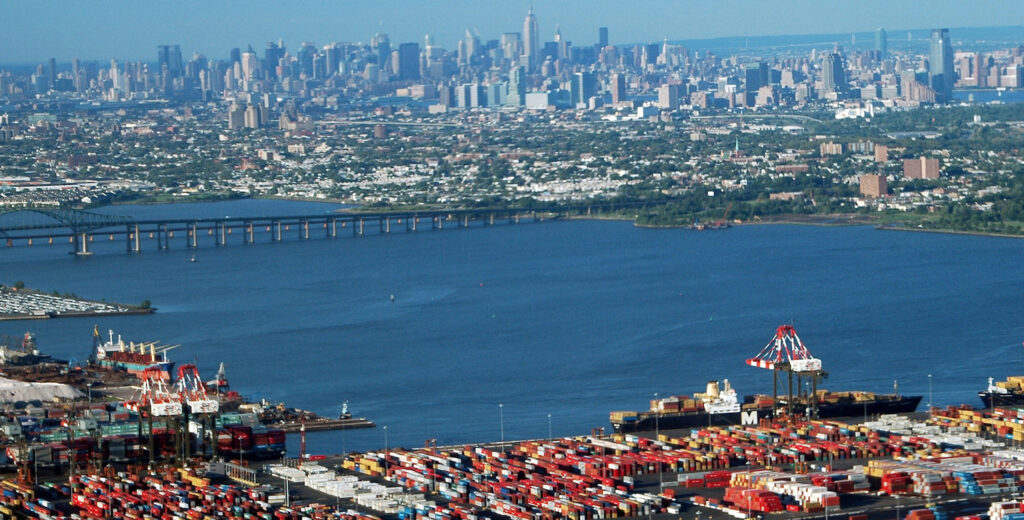September 2021
Chicago’s commercial real estate industry is faring well at this stage in the pandemic recovery, but there are headwinds that investors should consider, according to a 2021 Mid-Year Chicago Sentiment Report from The Real Estate Center at DePaul University. Nearly 60% of CRE professionals are optimistic, if not bullish, about Chicago commercial real estate for the next 18 months. There are concerns, however, related to government effectiveness and property tax uncertainty at the local, county and state levels.
COVID-19 Impact on Real Estate
Chicago Commercial Real Estate Report Findings
Among the findings of the 4th Annual Chicago Mid-Year Sentiment Report include:
- Nearly 6 in 10 CRE professionals are at least optimistic, if not bullish, about Chicago real estate for the next 18 months.
- The market factors causing the greatest concern at mid-year include the rising cost of construction, materials and labor, changing tax structures and rising inflation.
- The greatest threats to CRE investment activity range from the economic conditions put on local and state governments, followed by lingering concerns about the potential for financial and economic distress.
- Real estate professionals are genuinely concerned, perhaps even skeptical, about the effectiveness of political leadership at virtually all levels of government.
- There is nothing more certain than death, taxes and property tax uncertainty in Cook County. Those concerns, and uncertainty, aren’t going away.
- Industrial properties followed by multifamily assets are viewed the most favorably and the least likely to encounter future distress; indoor malls, viewed as the weakest asset class, are likely candidates for distress.
See this Connect Media story for more.






